
- Home
- DescriptionNews
A Thai innovator committed to producing titanium plates for brain injury patients covered by UCS
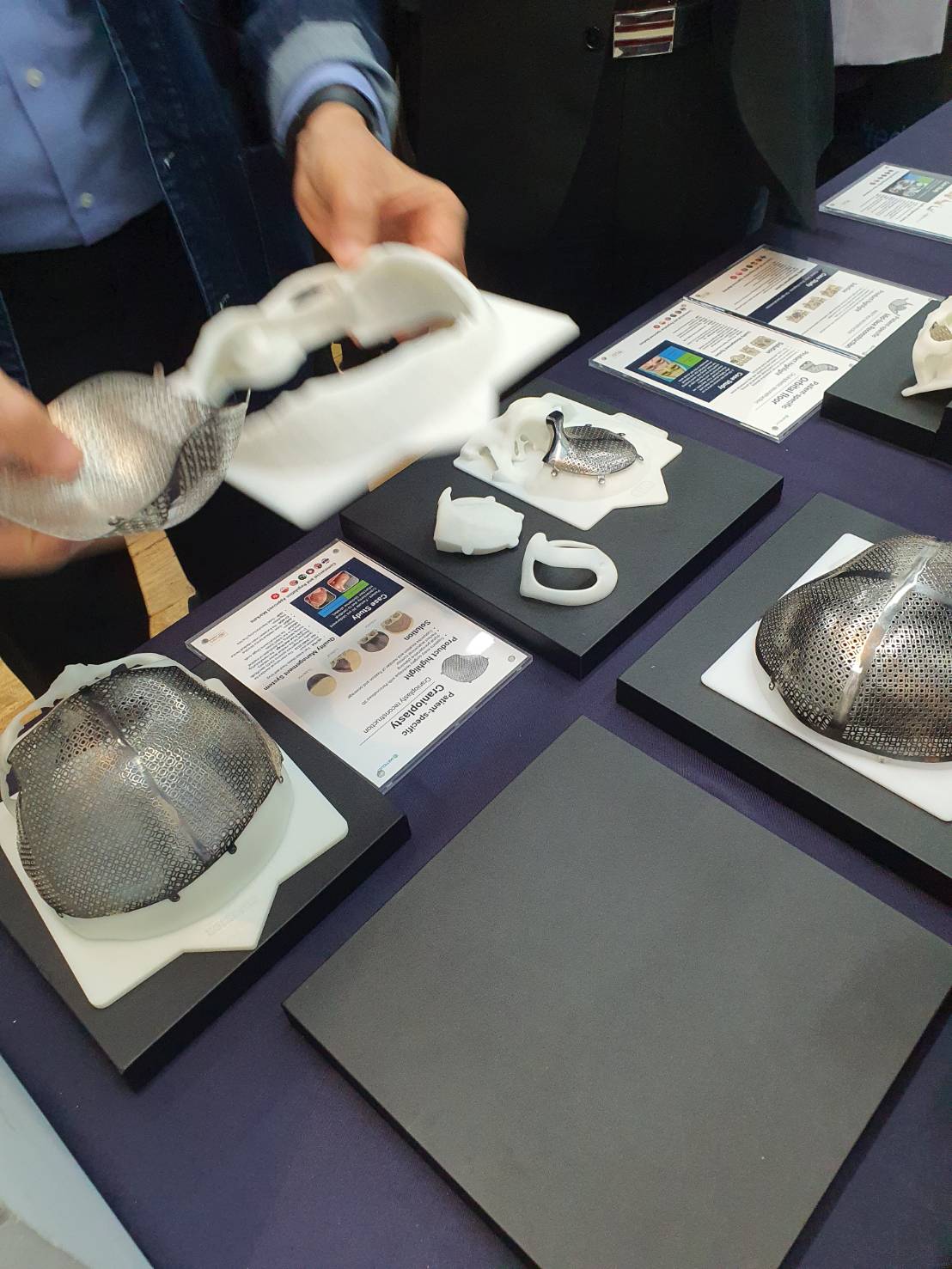
A Thai innovator committed to producing titanium plates for brain injury patients covered by UCS
A Thai medical company Meticuly commits to delivering 3D- printed titanium cranioplasty plates to patients needing brain surgery in the national health security system.
This commitment comes after the National Health Security Office’s (NHSO) introduction of 3D-printing titanium plates into the Universal Coverage Scheme (UCS) health benefits package.

Dr Boonrat Lowongwatthana, the head researcher at Meticuly, said that the company is ready for immediate production to meet the patients' demands.
Since the NHSO approved the new health benefit, between three and five health providers have contacted the company and expressed their interest in using cranioplasty plates innovated by the company.
This rapid response demonstrates the acceptance and demand for medical innovations by Thai researchers, said Dr Boonrat, which will significantly impact on the healthcare system, especially for patients who require the medical device.
It is estimated that between 1,000 and 4,000 new or existing patients requiring skull closure nationwide.
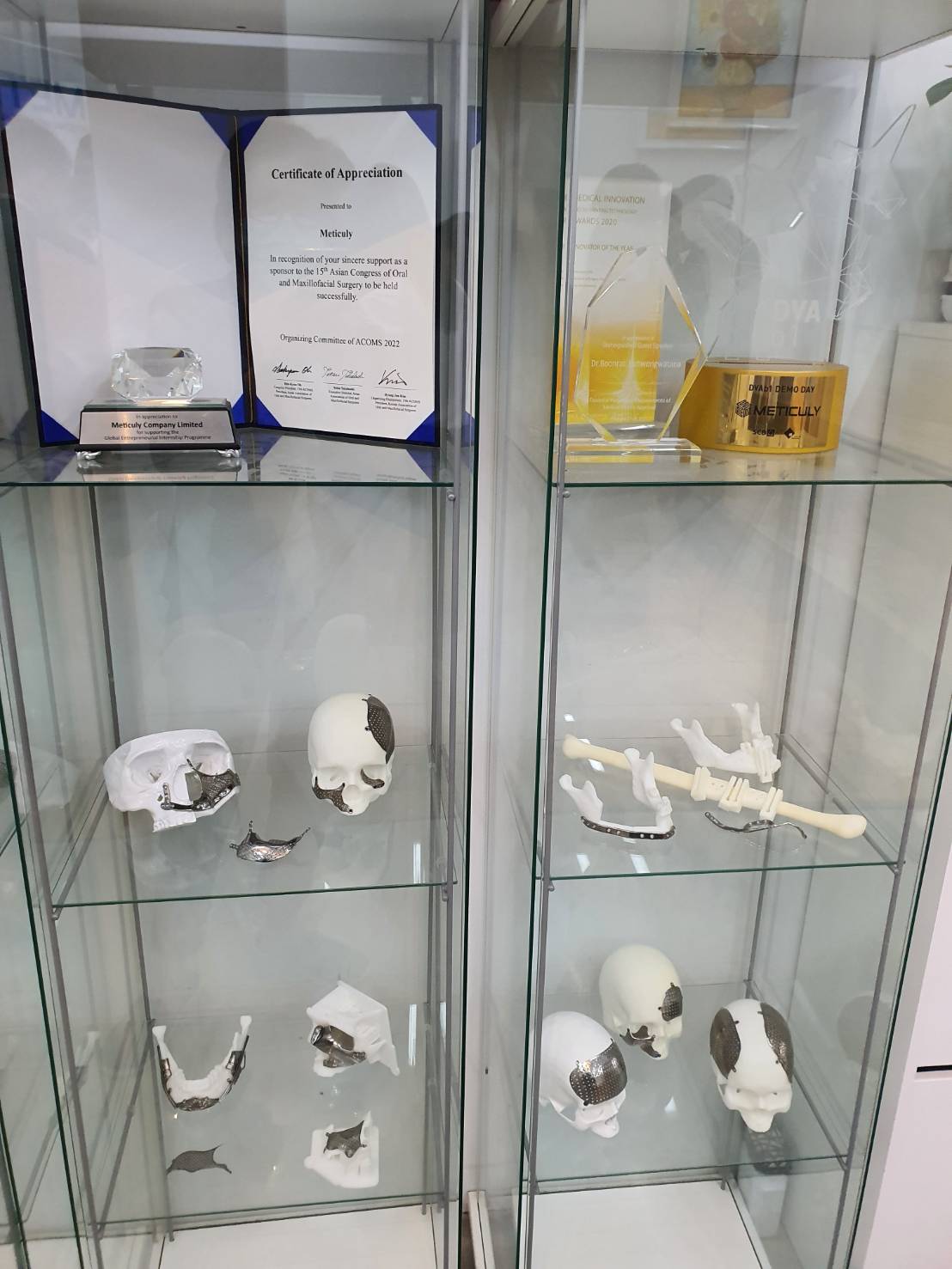
They are mainly working-age and elderly patients who have suffered from strokes --- which damage brain tissues, affect brain function and blood vessels, and cause blood pressure abnormalities.
Many individuals with head injuries from road accidents also require brain surgery.
They may need to undergo skull opening, and after treatment, close it using high-quality cranioplasty plates to prevent brain tissue damage and maintain normal pressure within the brain.
This procedure significantly impact on the rehabilitation process, enabling patients to recover faster and regain a better quality of life or function closer to normal in their daily activities.
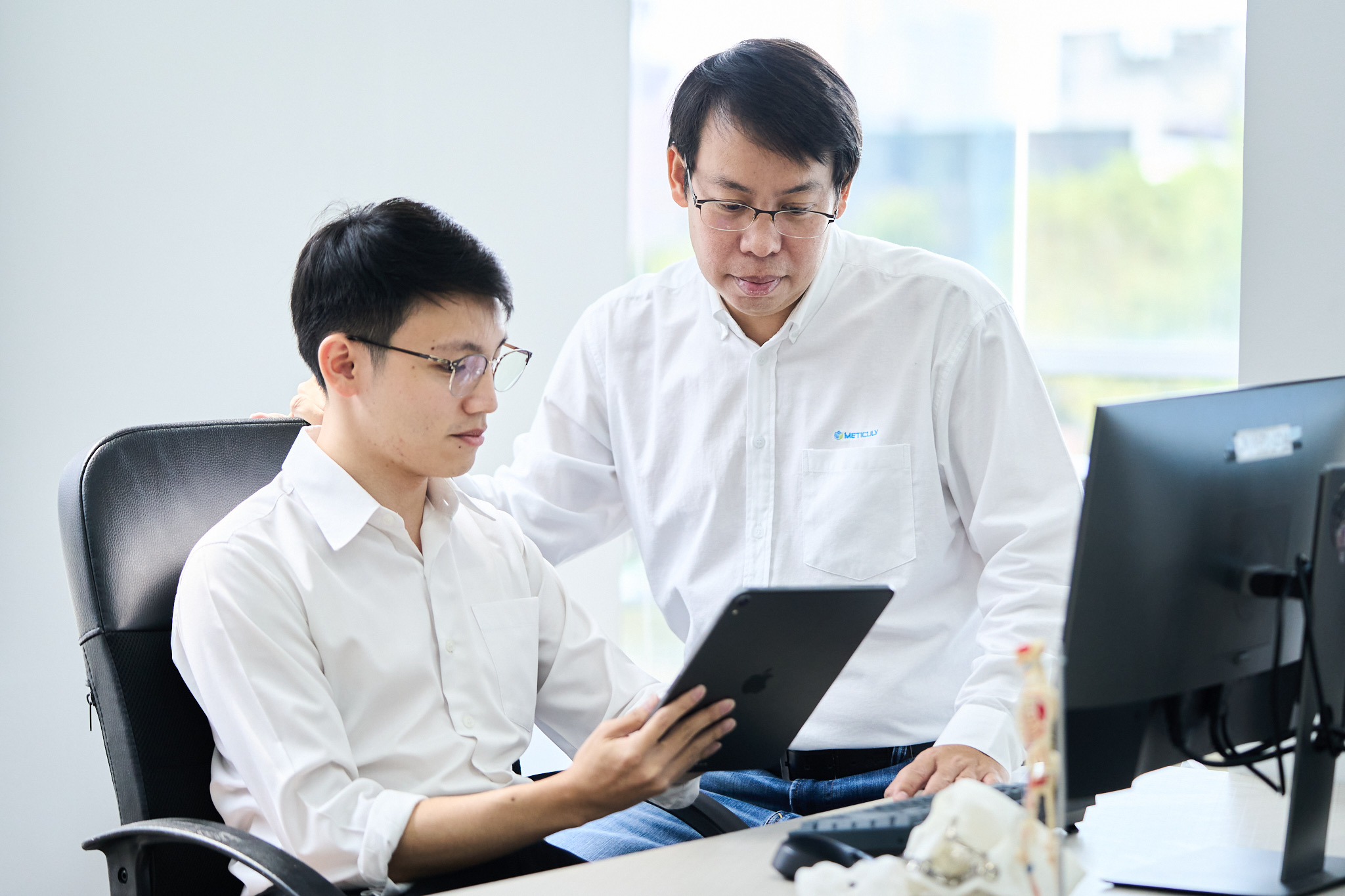
He added that some patients had used titanium plates, but this was limited to those who could afford the device due to its high cost.
Low-income patients can access this technology with support from various foundations like the Queen Sirikit Hospital Foundation and the Siriraj Foundation. However, these foundations have a limited budget and can support a small number of patients.
“The inclusion of cranioplasty plates into the UCS benefits package will allow people to access high-priced medical technologies without any financial burden,” said Dr Boonrat.
“The beneficiaries include new patients and existing ones who received traditional medical plastic sheets that may not fit the original skull shape, and are suggested to switch to 3D-printed titanium plates that fit the contours of their skulls.
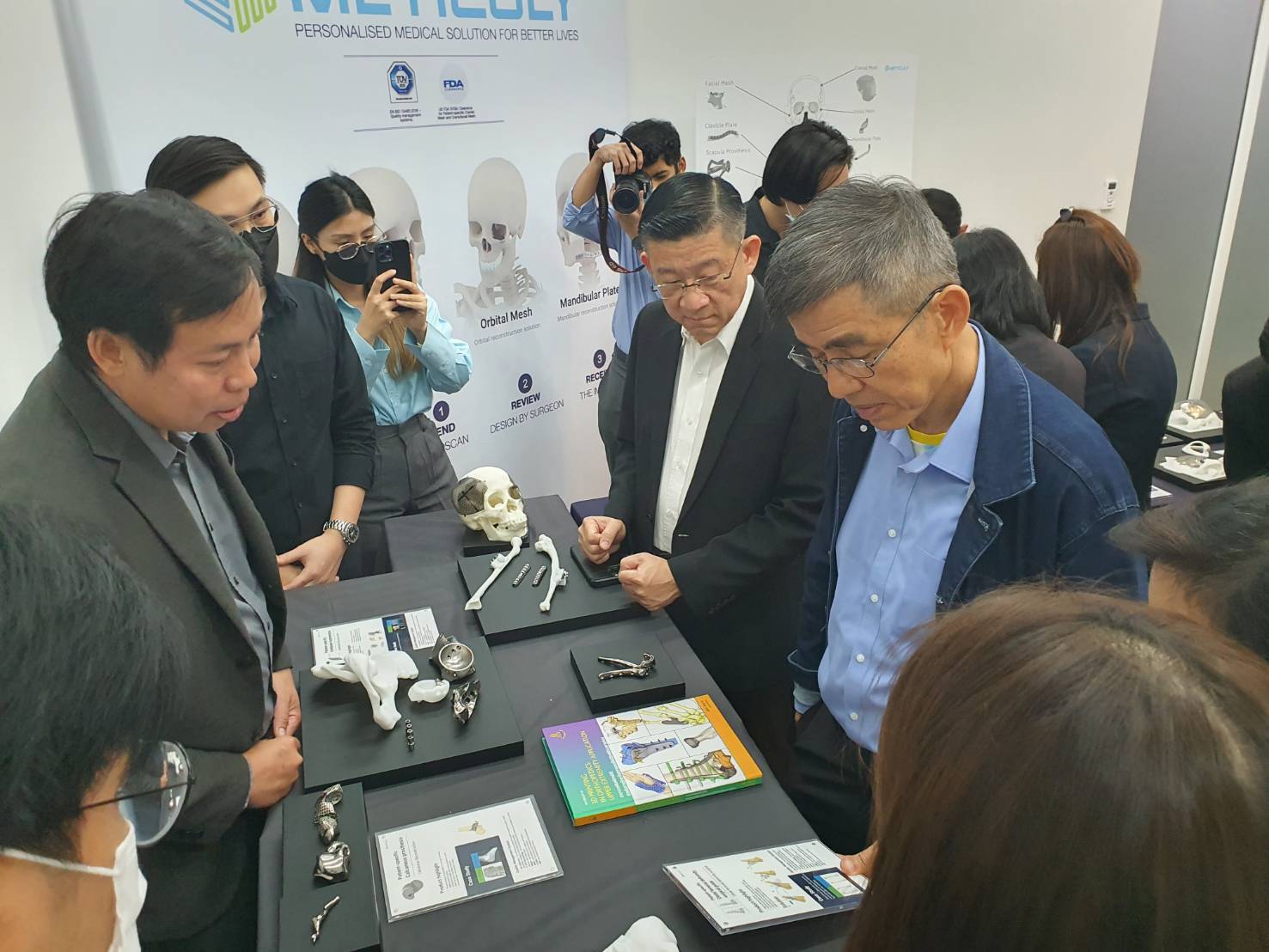
The titanium material used for making the plates is of the highest medical grade and ensuring strength and durability. It will help patients avoid reopening the skull for plate replacement in the future, reducing risks for the patients.”
He added that the UCS inclusion of the titanium plates would not only benefit a significant number of patients but also support Thai researchers’ work and effort to improve the health system.
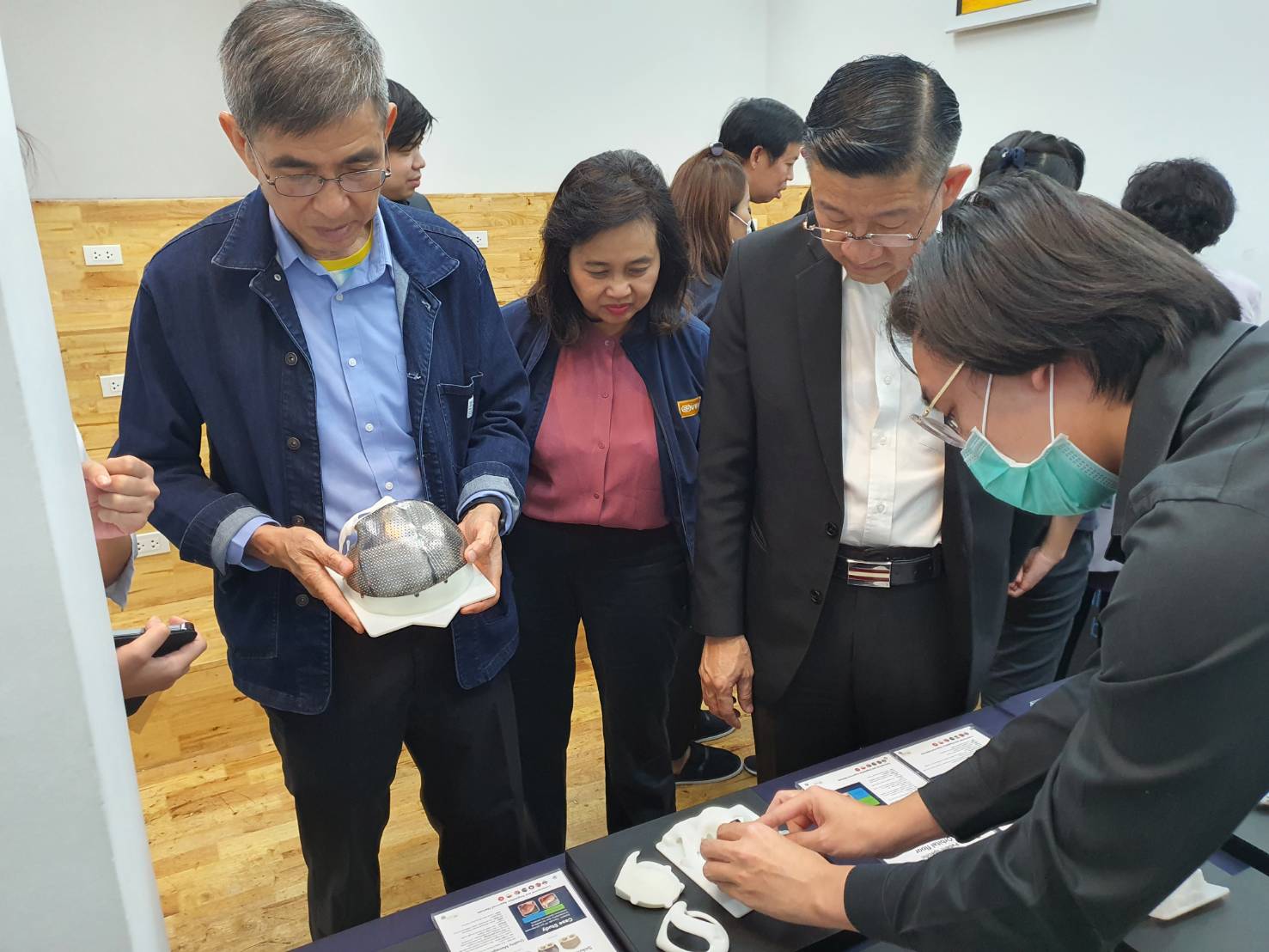
It represents a significant step for them to gain support from government agencies.
However, Dr Boonrat said there are challenges in the paperwork process between government agencies and private sectors regarding the use of medical supplies.

These are document-related hurdles and some minor procedural obstacles.

